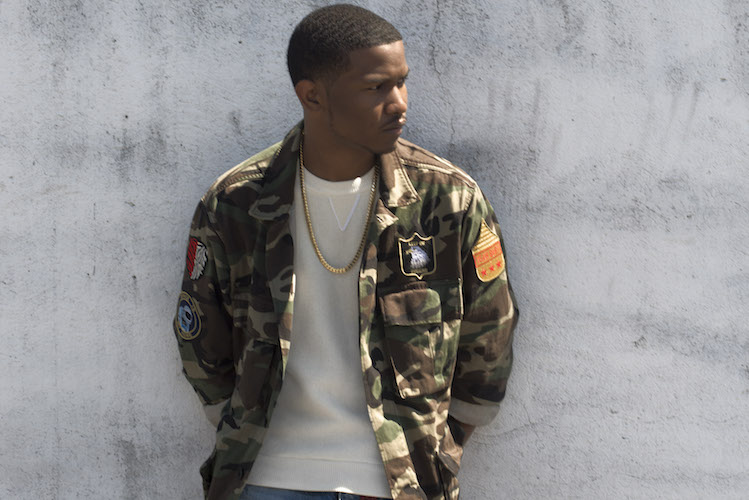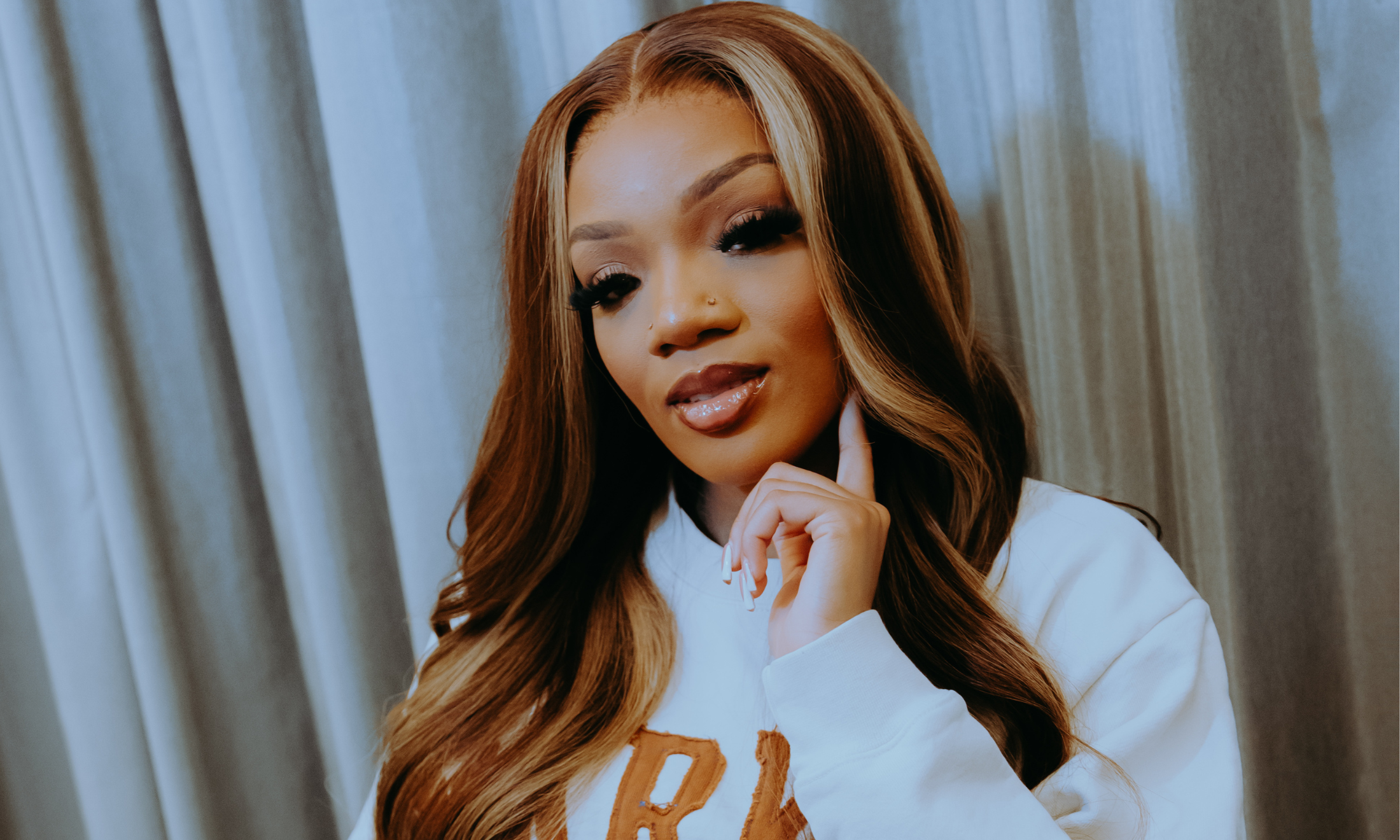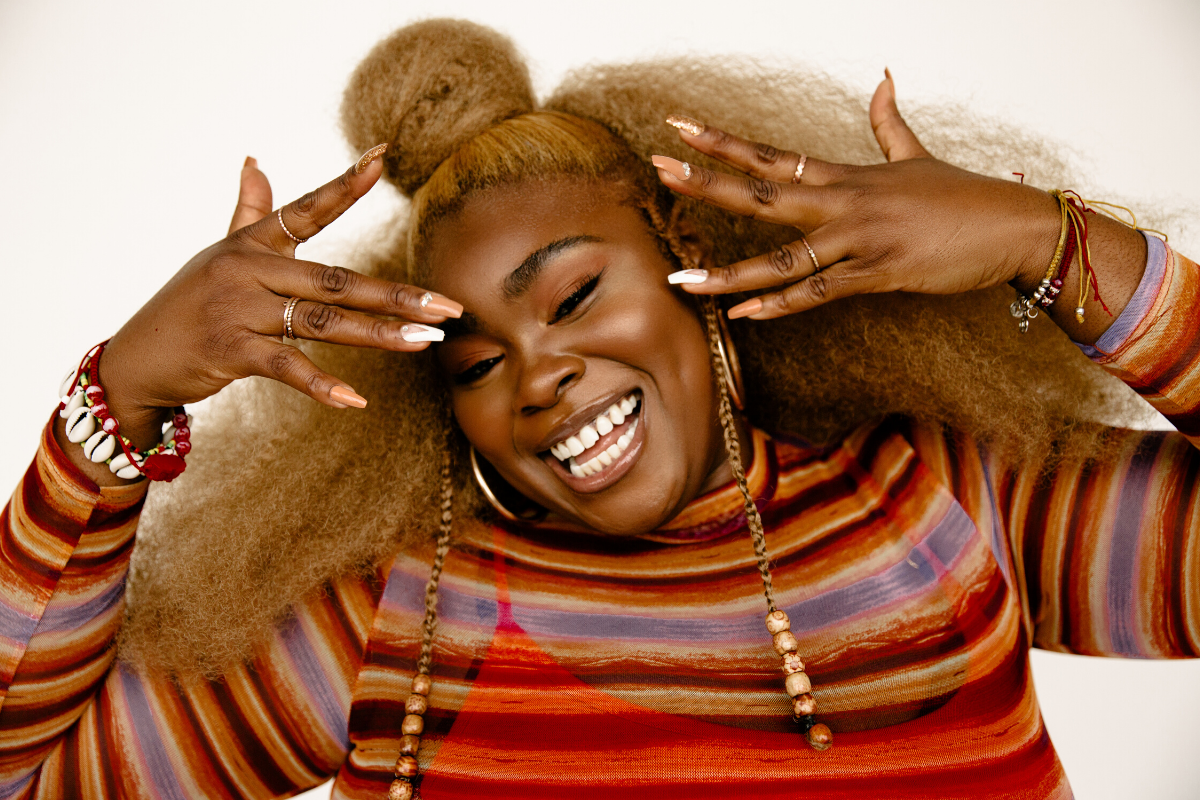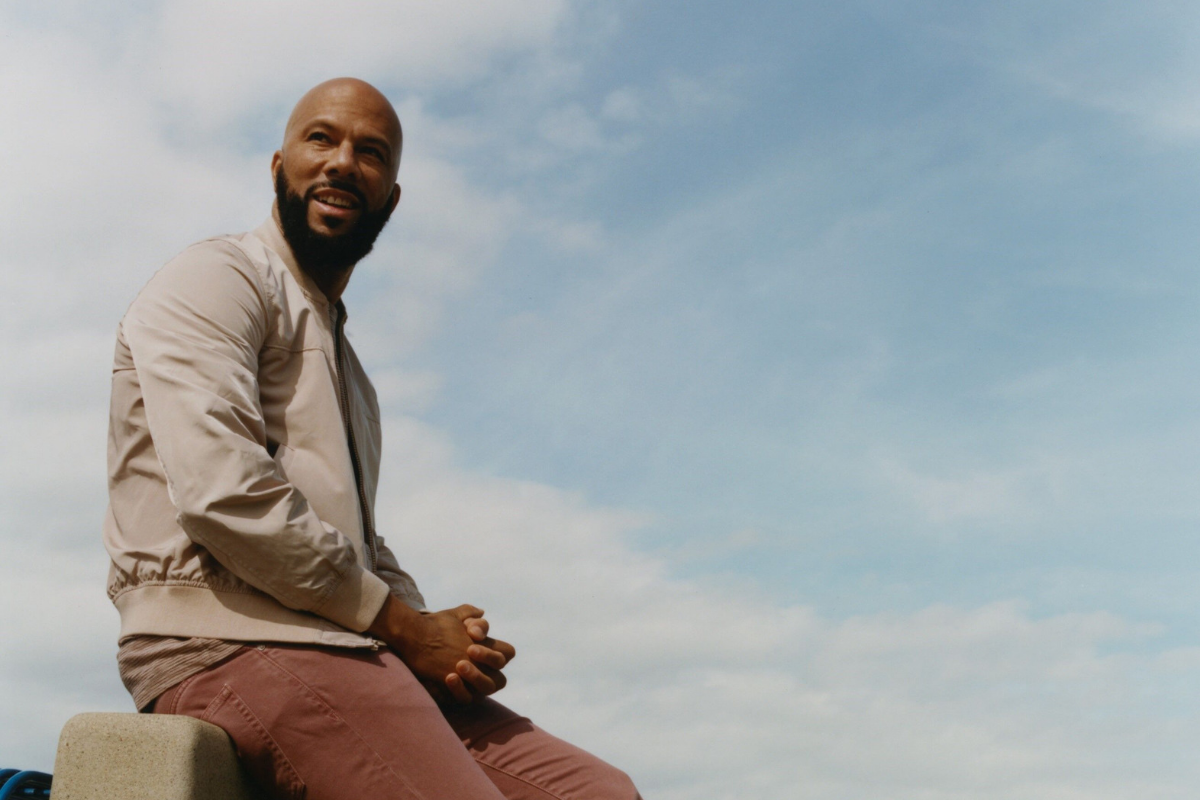
Boasting co-signs from legends such as Talib Kweli, Andre 3000 and Nas, and having toured with New York rapper Dave East, lyricist Nick Grant touches down in London following the release of his debut album Return of the Cool.
Long before hipsters made oversized glasses and backpacks cool, there was another kind of nerd whose obsession with knowledge acquisition somehow represented an embodiment of self-possessed cool. Nick Grant is the perfect example of one such music geek come slick rapper.
“[From a young age] I understood that music could be a good topic of conversation. The type of music that you knew about could impress somebody; girls, my grandmother, my grandfather, my aunt”.
So, he studied. Not only did he study the intricate rhymes of Notorious BIG, André 3000, Nas, Tupac but on Saturday mornings in his mother’s living room, Grant rocked out to Curtis Mayfield, Marvin Gaye and Minnie Ripperton. Eventually, the knowledge that he’d acquired in his studies was put to the test when, at 13, he was pushed into writing his own rap, and subsequently wowed his childhood friends (who were convinced he’d stolen the rap) and was immediately hooked on writing rhymes and watching the reactions they would amass.
Fast forward fifteen years and Nick Grant’s bedroom raps have taken him far beyond his mother’s house, his city and his state. On his ever first trip outside of the USA, the South Carolina native rocked the stage of Shoreditch’s Kamio, opening for Aminé at Arrival – presented by DJ Semtex. Easily winning over an unfamiliar audience as he bopped, carefree, across the stage to everything from his early work to singles from last month’s release: Return of the Cool.
“To know where you’re going you gotta know what you been through. If not, as time progresses you lose grip of everything they fought so hard for us to have.” – Nick Grant
Flicking through his catalogue, it becomes clear that Grant’s eagerness to learn goes beyond a cheeky desire to impress. “To know where you’re going you gotta know what you been through. If not, as time progresses you lose grip of everything they fought so hard for us to have. I take what I learned [from] what these artists did and apply it to my artistry to make it better.”
Referring in terms of heritage, ancestry and struggle to his own musical history speaks volumes to Nick Grant’s style and sense of duty as an artist. His debut project, ’88, presented a journey from soul to jazz with everything in between as flawless punchlines and a straight up 90s New York flow weaved it all together. Musing on his content he notes, “I feel like I just take the responsibility of everything that’s going on in the world ball it up and put it out there. With the exception of J Cole and Kendrick, I don’t feel like there’s that many people taking that responsibility. That takes courage and it takes maturity to speak about the issues and what’s actually going on in the world [because] most times people don’t wanna hear the truth because they can’t handle it.”
This perspecitve may not always come through on a first listen as playful punchlines and muscle-flexing often dominate his tracks. Songs celebrating black greatness may come accompanied by videos with arbitrarily placed half-naked women and throwaway lines with reference to “b*tches” sit alongside all other manners of problematic representations of women which, let’s be honest, are often pretty standard.
“…the competitive spirit and aggressiveness, wanting to be number one – it’s good for the music. I miss that [from hip-hop].” – Nick Grant
Sat next to him, I try to marry the endearingly humble, introvert I meet with the merciless spitter who can often spend a bar too many, bragging about how much better than pretty much anyone he believes himself to be. In his defence, he makes it clear that he believes “the competitive spirit and aggressiveness, wanting to be number one – it’s good for the music. I miss that [from hip-hop].” Yet, these multiple demeanours and personalities do seem to feature throughout his work, occasionally feeling at odds with one another.
Comparing his creative process between ’88 and Return of the Cool the introverted perfectionist in the artist is laid bare. Remembering the time spent in the studio creating his debut album he physically recoils; “I don’t like a lot of people in the studio when I create, I don’t even like creating in the studio. I like being at home in my natural element. You can get the opinions after but if that comes in before the music is even made the song might not even be done the right way. I feel like you should create first and add and subtract later.”
Perhaps Return of the Cool is testament to his versatility as he adapts well to different processes and different sounds. Inevitably, he sounds far more at home on ’88, a project which offers a greater feel of the artist, as he sticks more strictly to the styles he clearly loves.
As I contemplate where will be next for the music nerd desperate to get back to his library and write raps in peace, he intuitively offers; “really where I’m going is being more personal. Certain type of production brings out different things and dark soul [is] usually when I talk about my life the most. That’s really where I’m going with my music in the future.”
An introspective Nick Grant rhyming to dark soul sounds like an undeniable success, and as his stature begins finally to catch up with his talent there are no barriers in sight for SC’s finest.
Return of the Cool is out now.









